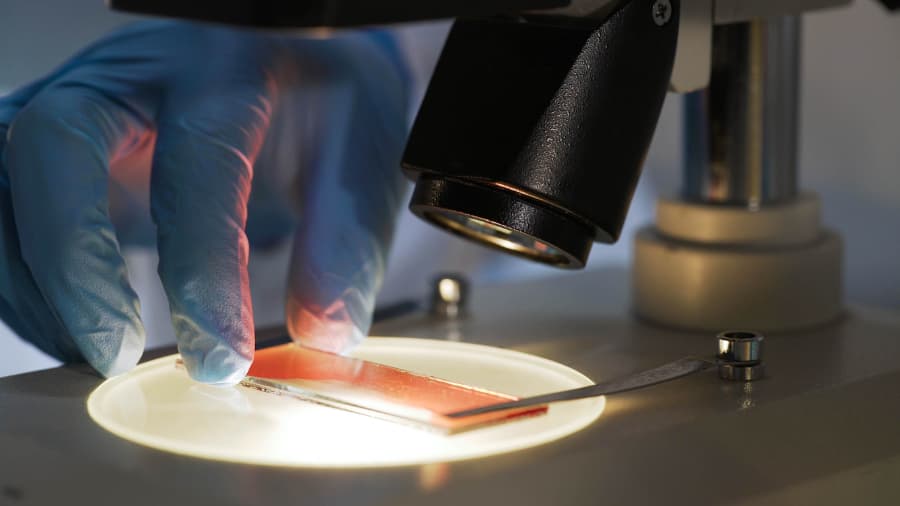Acute Lymphocytic Leukemia Treatment in Connecticut, Maryland, and New Jersey
Acute lymphocytic leukemia (ALL) is the most common type of cancer in children, accounting for approximately 75 percent of leukemia diagnoses among children and teenagers. This type of cancer grows fast, but it is also highly detectable and treatable.
At Regional Cancer Care Associates, we offer state-of-the-art ALL treatment in Connecticut, Maryland, and New Jersey to help patients find relief from their symptoms and maintain a high quality of life.

What Is Acute Lymphocytic Leukemia?
Unlike other cancers, leukemia doesn’t only affect one area but instead produces abnormal blood cells that move throughout the body as part of the circulatory system. ALL begins in the bone marrow and alters the lymphocytes (white blood cells) while they develop there. Over time, these altered white blood cells replace the healthy ones and start to limit the immune system’s normal function.
What Are The Signs and Symptoms Of Acute Lymphocytic Leukemia?
As the condition progresses, leukemia cells replace the normal ones, resulting in the blood cell shortages that cause most symptoms of ALL. Typical symptoms include:
- Fatigue
- Weakness
- Dizziness and lightheadedness
- Excessive bleeding
- Shortness of breath
- Persistent infections
- Pale, clammy skin
- Bruises
More severe cases of ALL can result in swelling in the abdomen, enlarged lymph nodes, and bone or joint pain.
Contact your doctor immediately if you or a loved one is experiencing any of the above symptoms. ALL is a fast-growing disease, but it is easy to detect through simple blood tests. By seeking diagnosis sooner, you can increase your chances of successful treatment.
What Are The Risk Factors for Acute Lymphocytic Leukemia?
One significant risk factor for ALL is age, with occurrence highest in children younger than age 5. From there, the risk steadily declines until the mid-20s before rising again after age 50. ALL is more common in Caucasians than in other races, and is more prevalent in males. It’s also more prevalent in individuals with some genetic syndromes, including Down syndrome and certain types of anemia.
Certain kinds of exposure – such as to radiation, certain chemotherapy drugs, and workplace chemicals such as benzene – also can increase a person’s risk of contracting ALL. The risk is significantly higher with exposure to high doses of radiation, such as during a nuclear accident, but X-rays and computed tomography (CT) scans, both of which emit low doses of radiation, are deemed safe.
How To Seek Acute Lymphocytic Leukemia Treatment
ALL progresses extremely rapidly, so it’s important to seek treatment early. At Regional Cancer Care Associates, our team of experienced oncologists will work with you to develop a personalized treatment plan that takes your age, medical history, and other conditions into account. The final plan will make use of one or more of the following treatment types:
If you or a loved one has been diagnosed with ALL, it’s important to choose your treatment partner carefully. Regional Cancer Care Associates is a network of experienced oncologists who offer high-quality care for all kinds of cancer, including ALL. Make an appointment today at any of our locations across Connecticut, Maryland, and New Jersey.
